38 「ましょうか、ませんか」

~ましょうか (~ shall we?)
Verb(Conjunctive form) + ましょうか
This form is used to suggest doing something together or to propose an action. It's equivalent to the English "shall we?" or "let's."
If you think the other person will likely agree, you can drop the question particle "か" and use the "~ましょう" form to suggest or invite, as in examples 4-6. If it's not related to inviting or suggesting, it's simply a form of volitional mood.
コーヒーを飲みましょう
Let's have some coffee.
公園に行きましょう
Let's we go to the park
一緒に食事しましょう
Let's eat together.
~ませんか (Would you like to ~?)
Grammar: Verb(Conjunctive form) + ませんか (negative question)
This grammar point is used to invite or suggest an action, and to ask about the other person's intentions. It gives the other person more space to choose, and is often translated as "Would you like to ~?" or "How about ~?".
When used for inviting or suggesting, the difference between "ましょう(か)" and "ませんか" is that the former gives the other person less space to refuse, while the latter gives more space for choice.
~ましょうか also used for offering help
The humble form is "お + verb stem + しましょう", as in example 1.
